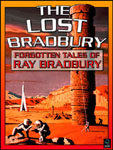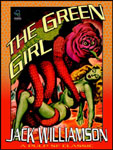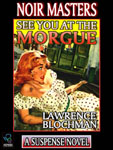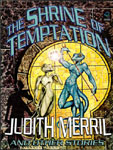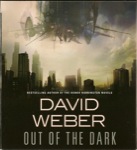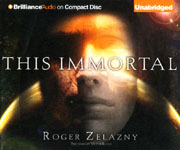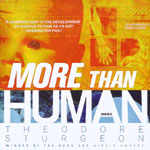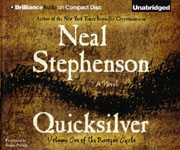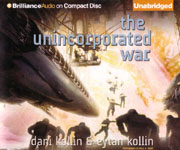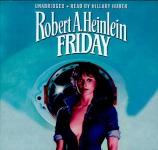
The SFFaudio Podcast #747 – Space Viking by H. Beam Piper – read by Mark Nelson for LibriVox. This is a complete and unabridged reading of the novel (6 hours 17 minutes) followed by a discussion of it. Participants include Jesse, Paul Weimer, Cora Buhlert, and Jim Kitchen
Talked about on today’s show:
serialized in Analog, November 1962 and February 1963, paperback in 1963, Ace Books, Little Fuzzy, the Scalzi treatment, gently disagree, Michael Whalen covers, homerun painting, a children’s book of Fuzzies, The Cosmic Computer, Lord Kalvan Of Otherwhen, cross dimensional novel, Roger Zelazny, rat hole, popular, used bookstores almost don’t exist, expensive used bookstores, why are those books harder to find?, how much was published, more printings of Space Viking, redoing it, a great inspiration for the Ewoks of Star Wars, Ewok-ish, translated into German, normal Ace printruns, fell into public domain, Jerry Pournelle, The Other Human Race, Uller Uprising, Junkyard Planet, Graveyard Of Dreams, Graveyard Planet is by Clifford D. Simak, a tier down, grabs your lapels, Dr. McCoy, still alive and on twitter with a pipe and gun emoji, it doesn’t work as an idea, obvious three things, two of them, three rules of H. Beam Piper, 1. throwback to historical incident or occasion, Sepoy Mutiny, fated to repeat our mistakes, hey that Hitler guy had some pretty good ideas, the big lie works for me, anti-cancer vaccine, 2. chainsmoking is still a thing, break out the cigarettes, hardboiled science fiction, drinking, gun oil and cleaning rod, firearms, everybody has cap guns in the future, after the crackup, the final war on Earth, only the southern hemispheres are around, race goes out the window, character’s looks don’t match the character’s names, Four Day Planet, Japanese name but looks like a viking, western colonization, whiteman-centric science fiction, go forward from there, the bleeding edge, he’s with Heinlein, a bigger name, Scalzi commented on his blog about it, his estate is in shambles, how amazing his writing is, his reputation has gone up since his death, all the people we don’t remember from the early 20th century, why everyone hates H.P. Lovecraft, standard beliefs, still read today, worse than Lovecraft, not that apparent in the fiction, Henry S. Whitehead, weirdos like us, 60 years since it came out, rotted in great fiction, Three Musketeers, Four Musketeers, character, romance, begins with a gutpunch, qualms with the society is a part of, the darkest motive of all: revenge, find and end him, a little worldbuilding, playing by the same rules, playing fair by those rules, an axe to grind, pschoanalyzing, a self-educated man, doing their hobbies on 500 journeys, history, he has his characters doing that, when not polishing his gun he’s smoking and reading history, a self-made man, somebody who champions the self-made man, a hardscrabble version of Heinlein, pocket money, by his bootstrapping himself, he was a working man, a nightwatchman, his interests, the way he focuses his characters on engaging in intellectual ideas, some massive blindspots but mostly right, a moral horror book, post-apocalyptic and protect my family, 17 books in this series, intellectual heft he’s working through, we’re utter monsters, I know what I’m doing is utterly monstrous, I’ll have a scene where I explain with a little girl and a dog, Beowulf raid, rape and other things, swordworld core values, Gallic law, innocent people, a quote, the Duke of Wellington, Siege of Cádiz, the 30 Years War, ya ya I know, rifles and pistols, they keep on fighting, what would you do in their place, terro-humans are all stupid like that, a massacre, a man made hell, a compulsion to share their guilt, it doesn’t stop him from writing the book, realistic, WWII, WWI, Ukraine war, The Bridge (1959), betrayed by the German Green party, all of the kids die, grew up to be famous actors (and a singer), whenever they swear, swearing by Satan, writing for magazines, “foul unprintability”, Katherine Tarrant, the system states cede, the collapse, the decline, interstellar ability, sick of what’s coming, raid the bones of the Federation, the atrophy that brought down the Federation, the Empire that comes after, Retrun Of The Jedi, Hoth is one of the planets, Dagon, Nergal, named after famous swords, Durandal, Excalibur, cookies, Gram, The Song of the Nibelungs, the Traveler RPG universe, Game Designer’s Workshop, good thing it is public domain, right?, the worst cover art ever, how did a game with such a crappy cover get any traction, Paranoia had great art, Battletech, Mechwarrior, a pox on you, 1976, Logan’s Run, the juggernaut that is Star Wars, Marc Miller, the great blurb on the cover, where D&D was just a box, the storyhook, Space Opera, Fantasy Games Unlimited, Battledroids, FASA, peoplw ere so excited about the blurb on the cover, a literary game, a board games, tabletops games, playing the game smiling, mmm interesting, explore the entire galaxy, ruled mostly by the French, WWIII, the superpower of the stars, Heinlein smoked, Heinlein could quit, Starship Troopers, horror and guns, a massively different book, different foundations, ideological, hobbyistic, a thing to look at, the names, an explanation, Morglay, Omfray, Nikkolay, Andray, this comes up a lot, pig-latin, in Shakespeare, dog become goday, God become Ogday, Google becomes Ooglegay, a game kids play, you have to learn, Ol’Nick, From, Morgue, Rand, a being from the same culture, Rathmore (wrath), playing fun games, giving the game away, a fun game, smart guy, self-made, he wants to be an architect and couldn’t afford to, a couple of different kinds of arches, what a cathedral you’ve built here sir, he only has marble, he can’t build with girders, a powerful intellect without enough time, he’s got to know he’s brilliant, we can all make it, all noble and good and smart, a very American view of history, very Heinleinian, adventurers who wanted adventure, Germans in the 1850s/60s, the 1848 revolution, gold in California, the apprentice who would never be the master, women who couldn’t find husbands, risky, he’s saying the crazy vicious people leave to go viking, slightly supported by a glance at reality, Scandinavia, barbarism and civilization, what would Robert E. Howard would have liked H. Beam Piper and arguing at the bar all night, very nice socialist emotionally cold, hygge, being cozy at home, exported their vicious people, anger makes him go off, dissatisfaction, describing the reality, starvation, new government policies, cleaning the lands, the enclosures, thieving bread, shipped off, exporting his best genes, not fully decided, viciousness and tenderness, from a ground pounder’s point of view, an infantryman, all the best officers start off as regular soliders, a grounding in what reality is, only people who’ve seen war, imagining a future, settled and collapse, barbarian is back baby, neo-barbarians are not the same as the space vikings, Heinlein started off as a socialist, went to seed later, where he’s at is not the mid Heinlein phases, a very sparky engine, rich or even overrich with ideas, Junkyard Planet, A Planet For Texans was a co-production, courtroom stuff, served on a jury?, people who think for themselves, do you have any set ideas?, let me make a list, strong opinions or closeminded, persuadable by argument, spark up, he wants to be a lawyer, he’s making arguments, ideas against monarchy, from the top down, he leans into it, sits down and smokes, what Conan does, similar guys, he was in a working class society, resident working class vs. transient working class, he had to have a trade, dreams are fleeting, solved their problems the same way in the end, amazing but unsupported is crushing, not all business with Howard or Piper, they both think that they’re geniuses, breathing room for characters, the little girl with her dog, arranging all the family dynasties, he likes the romance, having so much fun in this book, the murder of the new bride, the massacre at the wedding, Game Of Thrones’ Red Wedding, On Her Majesty’s Secret Service, Ian Fleming, different classes, an older trope, people will be doing Heinlein like deep studies on Piper’s books, war with Russia, we are lead by sad idiot clowns, incompetent on purpose, ex-Nazis, semi-competent, what would happen if H. Beam Piper had become a politician?, feeling based ideas, he would want to be a king, not a lot of room for diplomats, Keith Laumer, his standing has much receded over the years, every year that goes by, most writers decline towards the end of their life, later period Asimov, the smart ones stop writing, rising and developing and getting better, if Philip K. Dick was writing today…, you shoulda stopped around 80s man, a better short story writer than a novelist, he works pretty well at the novelette and novel length, ascended, people who want to record his stuff, ebooks with decent covers, people love making the art for his books, Wildside Press, the spinner rack, a whole month of pocket money, the ending, the hallucinations, shot to death, Elaine was with him, be good to her, then she was gone, such a romantic, the chivalry stuff, Howard likes girls and thinking about girls and describing them, Piper is a romantic, his writing style, his grammar is a little bit off sometimes, who says goodbye, Elaine?, its the author, suffering loss, a short brief awful bought with cancer, two ways you go, on off switch or lingering fade, goodbye dad, who is writing this book?, third person, her head against his cheek, one way of reading it, now it finally be said, I can let it all go, I got my revenge and there’s no heaven, it’s not by Trask, it’s by Piper, he’s so crazy, who else would do that?, sometimes it can hurt, a presence throughout the book, appears to him multiple times, in order for the plot to happen, fridging, he breaks the rule of the narration, reframing the whole book, that’s something on the page, lain in ruins, forays to loot the corpse, wealth of detail, how it has all fallen apart, if you wanna understand piper, set during the Federation, seams and threads, natural disintegration, key peices of the Piper library, a lot of himself into it, Jerry Pournelle: Piper was a craftsman, Uller Uprising, set in a common universe, let three authors loose, Twayne Triplet [The Petrified Planet], how these chartered companies work, an analog to the East India Company, sequential order, Space Viking‘s sense of romance, Piper in his prime, he’s put himself into the protagonist’s shoes, agree and disagree, Jesse’s thesis, Fletcher Pratt, Judith Merrill, humour stories, public domain but we didn’t know, it helps your career, hidden behind a paywall of an estate that renewed, Condé Nast, good and bad, still Junkyard, very different, a different girl, Adept’s Gambit, Night’s Black Agents, trans people and gay people in the mid-1930s, Gideon Marcus, Galactic Journey, comparable to Foundation [by Isaac Asimov], good at short stories and bad at novels, Asimov’s characters, big honking series novels, late period novels, horrendously bad, James Lovelock, Arthur C. Clarke, genetically engineered weapon, great ideas, three stages, the setup, the last third, the left turn to Albuquerque, courtroom drama, he’s right most of the time, reinforced from Terra, a hunt through pornographic romantic fiction, sketching on notes, meanwhile his mind is percolating along, interesting to read and not typical novels, the most straight up book he’s got, sell Jesse on Four Day Planet, the closest to juvenile fiction, let’s book it, sea-monsters and unions, one of Piper’s greatest jokes in it, a dad joke, fun, twitter is weird right now, Games Workshop, the worlds largest toy soldier company, Microsoft, stat at home dad, Illinois, tired of moving, all that wonderful stuff, a mover’s worst nightmare, Rivian, surrounded by where the car industry is leaning, why some materials are so important, Amazon delivery vehicle has a panic button, a very science fictional thing, something you’d find in a Heinlein novel, third parties to deliver packages, majority minority employing, the drivers love them, gigantic windshield, mid 50s, make friends with young people, a really good plan, pained but smiling, if you didn’t like her…, German post, electric vehicles, more and more, a facility in Vancouver, Calgary, The Sentry Box, sleep in a teepee, Coquitlam, outside Minneapolis, The Source, Tower Games, great game stores, 1300 game stores, the ones that survive, Staten Island, The Complete Strategist, comic book stores were hit hard by COVID, [Hourglass Comics] leaned into gaming, Diamond Distribution, 18-24 months, Comic World, Huntington, West Virginia, burns everything to ash, Pokemon trades, the black and white bust of the late 80s, a bookstore, they’ve got the space, literally 1 block away from light rail, Evan Lampe doesn’t understand toys, Cora’s got all the He-Mans, Funkopops, scarred by Diddl Mice, Beanie Babies killed an industry, Edmonton, Eternita playset, you deserve it, Rotterdam, they didn’t want to take the hint, you were always watching something, every single Ninja Turtle ever made, you have to keep doing, you can’t overcoming the inertia, Battle Cat, a slippery slope, now they need a Skeletor, Target and Walmart exclusives, I shall make you a queen amongst all the others, new Masters Of The Universe figures, want list, Lego minifigs, little H.P. Lovecraft stories scenes, Playmobil, some amazing stuff, Nativity Scene, general appeal, people are Christians, an A-Team Playmobil, there are no children who have ever seen The A-Team, this is a product that is marketed to adults, adult toys, not the kind you get at the sex shop, Star Trek, nobody sits down with their kid and says let’s watch some A-Team, German only jokes, George Peppard, Perry Rhodan, a series, audio dramas, not huge in North America, its not New Wave, Dan Dare, the morass of Doc Savage, small magazines, dime novels, lucky to have a newsstand, John Sinclair, the biggest science fiction series in the world, almost no impact in North America, an institution, issue 2254, a very robust industry in central Europe, a fan in Italy, Urania, similar in style, great art, pretending to be American, so wonderful, found some long lost friends, we’ve all lost some books you’ve read, Worlds Without Number, Jack Vance’s Tschai, remix everything, Jack Vance integral edition, nobody has the money to buy it, hear about Urania, all the Italian Giallo movies, Italian crime magazines, other European countries, romance and westerns, for the old men, back issues of various pulp magazines, Cora’s main comic store, elderly ladies coming in, romance novels, a lesbian elderly couple, lesbian bookstores are very common, that same collector trait that men more often have, lesbian couples, comics and games don’t pay the rent, the sextoy shopped, they’re in it for the books but the sex-toys sell, 90% of the profits, there’s a joke to be made hand over fist, Playmobil Perry Rhodan, he’s still in very good condition, one of the first ones, Jesse’s theory: Hummels are to the 1950s as Playmobil is to the 2020s, collectible doll,
Rocket Ship Galileo, some cookies, caught COVID in the hospital for the second time, wearing masks, negative tests, she never caught COVID at home, we’re being lied to.
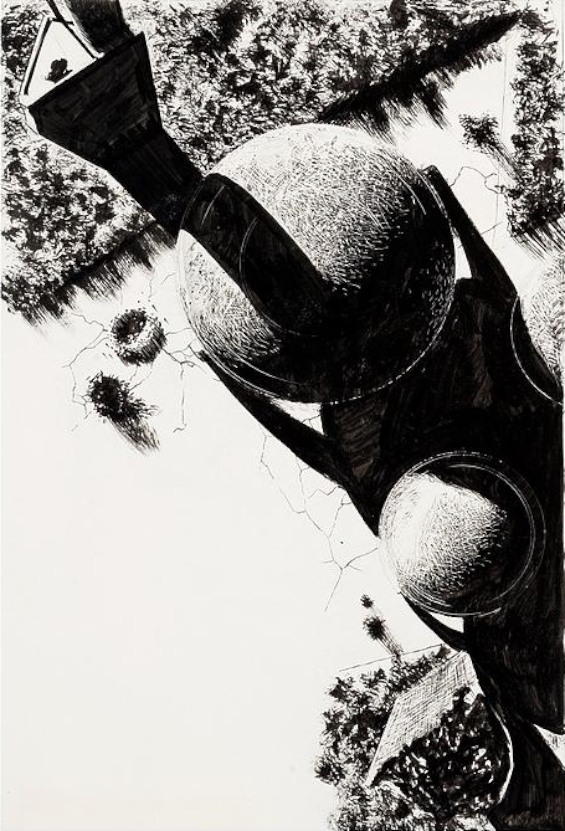
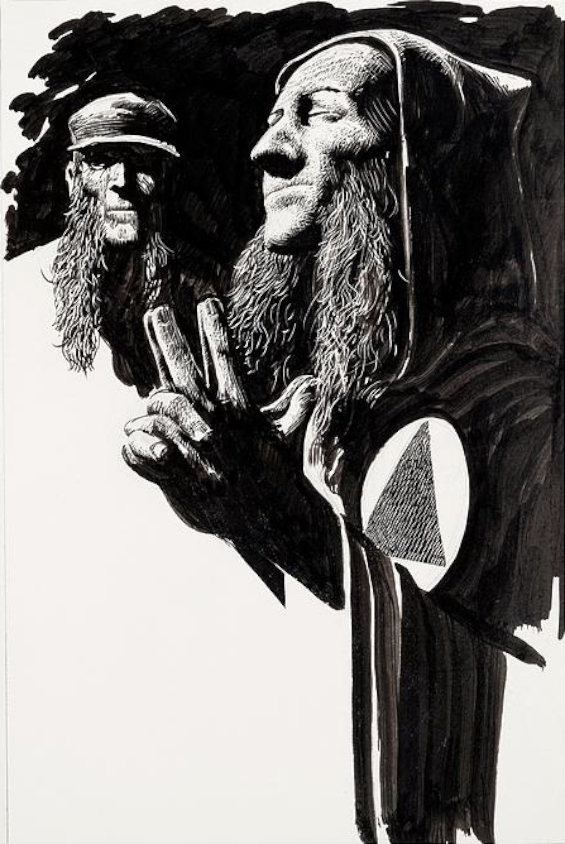
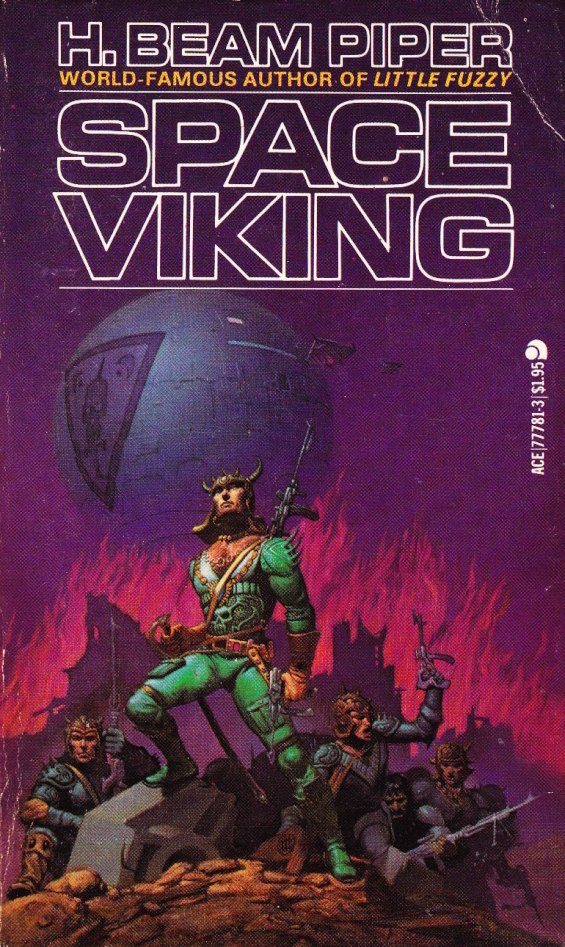
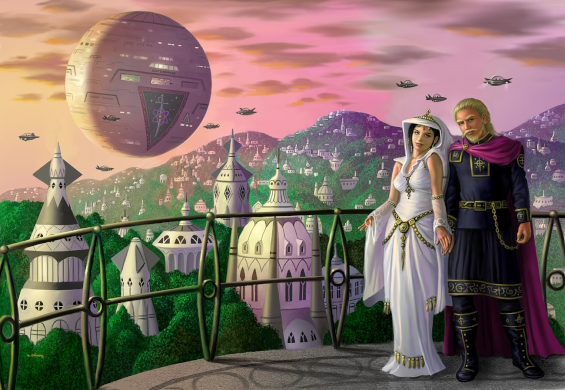
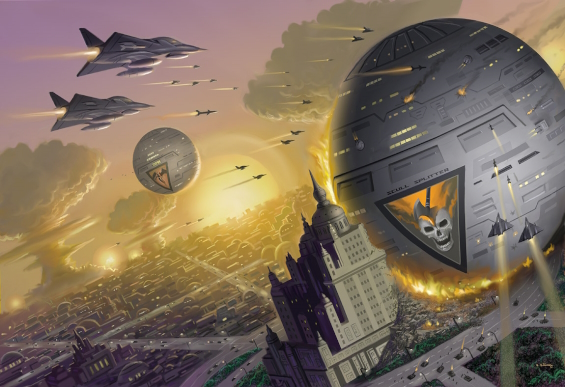

Posted by Jesse WillisBecome a Patron!
 The SFFaudio Podcast #522 – Jesse,
The SFFaudio Podcast #522 – Jesse, 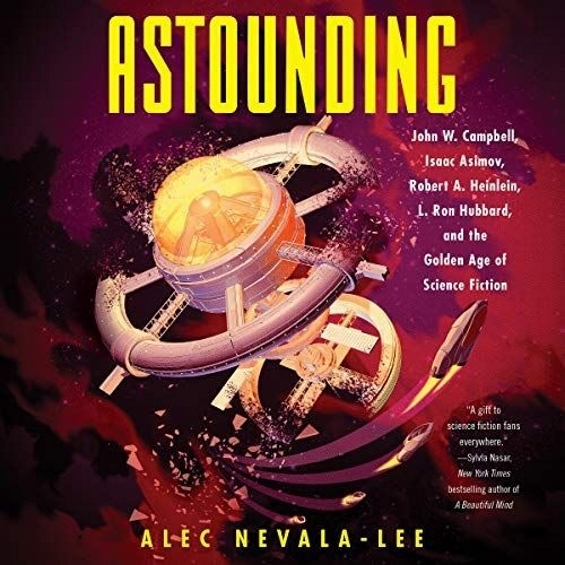


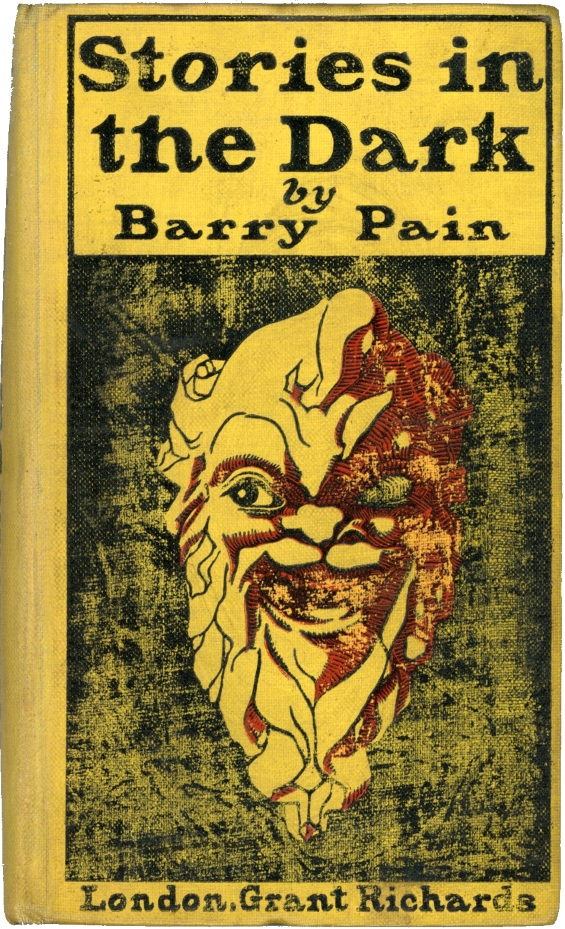
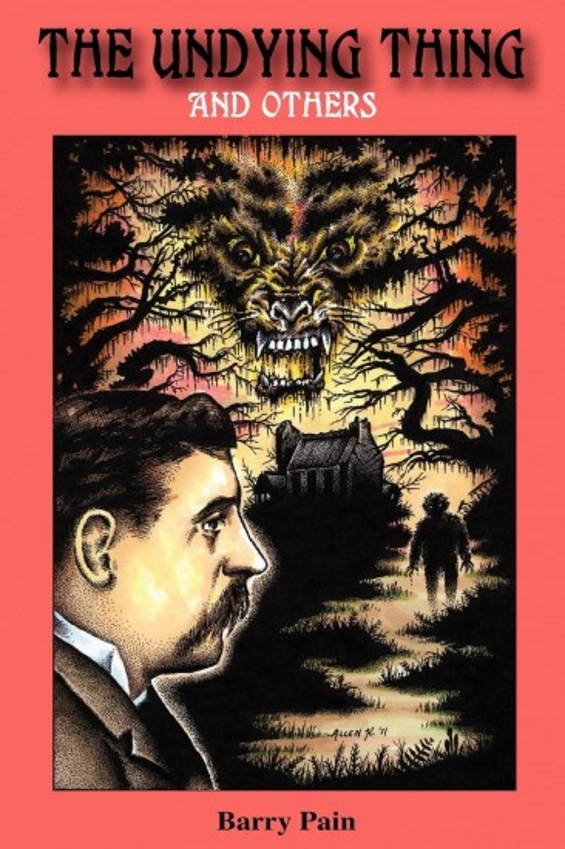

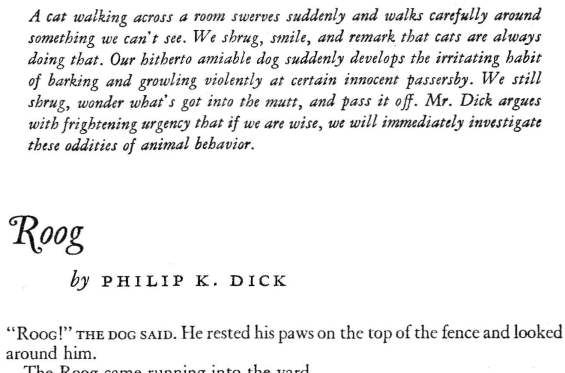
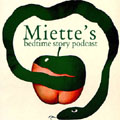
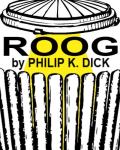

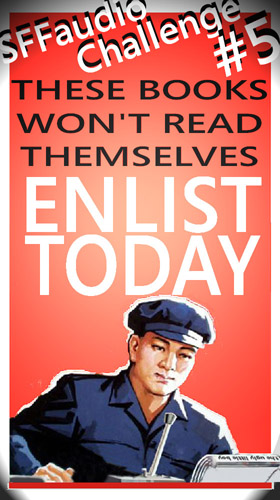 THE CHALLENGE:
THE CHALLENGE: